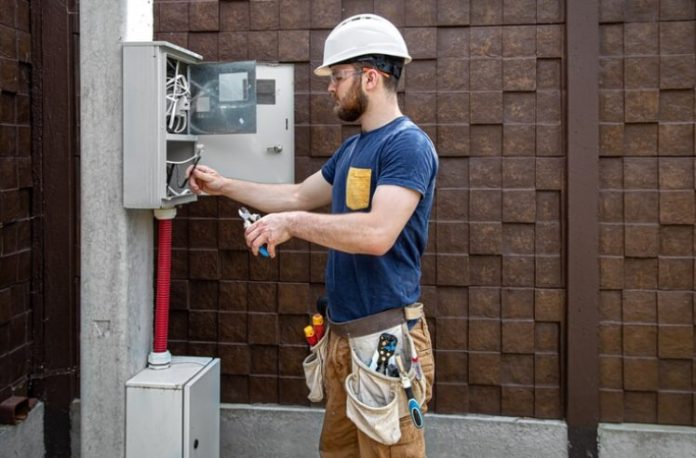As the sun shines brighter and temperatures soar, many of us eagerly welcome the arrival of summer. However, with the season’s joys also comes the not-so-welcome spike in our energy bills. It’s a phenomenon that leaves us wondering: why are our summer energy bills so high? In this article, we will dive into the factors that contribute to these soaring costs and explore strategies to keep them in check. So, let’s unravel the mystery behind those high energy bills and discover ways to save money while staying cool during the summer months.
Increased Cooling Needs:
One of the primary culprits behind high summer energy bills is the increased demand for cooling. As the temperature climbs, we tend to rely heavily on air conditioning systems to create a comfortable indoor environment. However, cooling our homes requires a significant amount of energy, especially if we set our thermostats at lower temperatures. To combat this, consider raising the thermostat a few degrees or using ceiling fans to supplement the cooling process, which can reduce energy consumption and ultimately lower your bills.
Inefficient Appliances and Electronics:
Another factor that contributes to high energy bills during summer is the use of inefficient appliances and electronics. Older air conditioners, refrigerators, and other appliances can consume more energy than their modern, energy-efficient counterparts. Investing in Energy Star-certified appliances can make a substantial difference in energy consumption, resulting in long-term savings. Additionally, unplugging or utilizing power strips to switch off electronics when not in use can help eliminate phantom power drawers, reducing your energy expenses.
Poor Insulation and Air Leaks:
Insufficient insulation and air leaks within your home can have a significant impact on your energy bills, especially during the summer. Inadequate insulation allows cool air to escape while allowing warm air to infiltrate your home. This makes your cooling system work harder to maintain the desired temperature, leading to higher energy consumption. Conducting an energy audit or consulting a professional can help identify areas where insulation can be improved and air leaks can be sealed, ensuring optimal energy efficiency.
Increased Sunlight and Heat Gain:
The sun’s intense rays during summer can increase heat gain inside your home, making your cooling system work harder to maintain a comfortable temperature. Windows that allow direct sunlight to enter without any shading or protection can contribute significantly to this heat gain. Installing energy-efficient windows or using window coverings, such as blinds or curtains, can help reduce the impact of sunlight, lower cooling needs, and subsequently lower energy bills.
Seasonal Energy Pricing:
In some regions, summer energy bills can also be affected by seasonal pricing structures. During peak demand periods, utility companies may increase the cost of energy due to increased strain on the electrical grid. This can result in higher rates during certain hours or on specific days. Being mindful of peak energy periods and adjusting your energy usage accordingly, such as avoiding energy-intensive tasks during peak hours or utilizing energy-saving features on appliances, can help mitigate the impact of seasonal pricing on your bills.
Conclusion:
Understanding the reasons behind high energy bills during the summer empowers us to take proactive steps to reduce our energy consumption and save money. By implementing energy-efficient practices, investing in modern appliances, improving insulation, and being mindful of peak energy periods, you can significantly lower your summer energy bills while enjoying a relaxed and comfortable home. Let’s embrace the summer season without dreading the arrival of those hefty bills. It’s time to take charge of your energy usage and keep your expenses in check while savoring the joys of summer.
















































